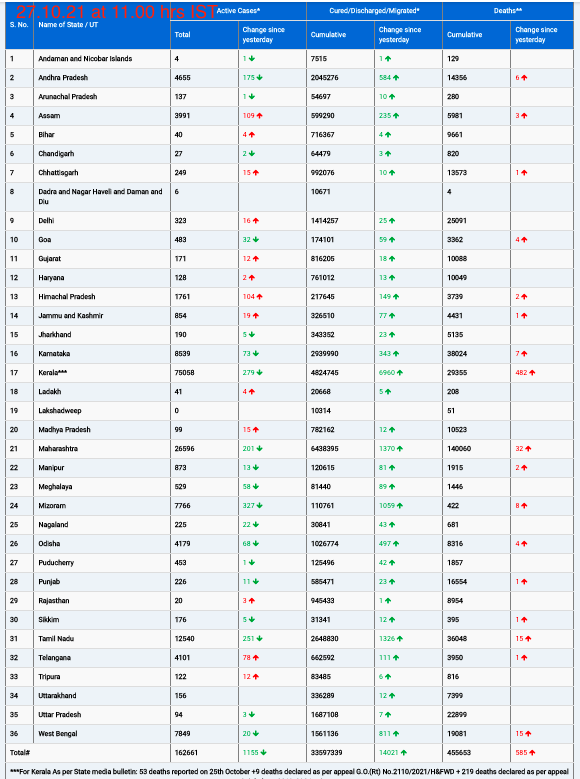Nearly half of dementia cases worldwide could potentially be prevented or delayed by eliminating 14 modifiable risk factors during an individual’s lifetime, according to a recent report from the Lancet Commission on dementia prevention, intervention, and care. The findings were published online on July 31 in The Lancet Neurology and were presented at the Alzheimer’s Association International Conference 2024.
Expanded Risk Factors
The latest report builds upon previous research, adding high cholesterol and vision loss to the 12 risk factors identified in the 2020 Lancet Commission report. These new factors were found to contribute to about 9% of all dementia cases, with high LDL cholesterol responsible for approximately 7% of cases and untreated vision loss accounting for around 2%.
The original 2017 Lancet Commission report had highlighted nine modifiable risk factors, estimated to be responsible for one-third of dementia cases. By 2020, the list had expanded to 12 risk factors, linked to about 40% of all dementia cases. These include lower levels of education, hearing loss, hypertension, smoking, obesity, depression, physical inactivity, diabetes, excessive alcohol consumption, traumatic brain injury (TBI), air pollution, and social isolation.
Leading Causes
The report identifies the risk factors associated with the greatest proportion of dementia cases globally. Hearing impairment and high LDL cholesterol each account for 7% of cases, followed by lower levels of education and social isolation, each contributing 5%.
“Our new report reveals that there is much more that can and should be done to reduce the risk of dementia. It’s never too early or too late to act, with opportunities to make an impact at any stage of life,” stated lead author Gill Livingston, MD, from University College London, UK.
Recommendations for Prevention
The report outlines 13 recommendations aimed at individuals and governments to mitigate the risk of dementia. These include:
- Preventing and treating hearing loss, vision loss, and depression
- Maintaining cognitive activity throughout life
- Using head protection in contact sports
- Reducing vascular risk factors such as high cholesterol, diabetes, obesity, and hypertension
- Improving air quality
- Providing supportive community environments to increase social contact
Dr. Tara Spires-Jones, PhD, president of the British Neuroscience Association, emphasized the importance of a holistic approach to brain health. “This research supports evidence that a healthy lifestyle — encompassing education, social activities, exercise, cognitive engagement, and avoiding head injuries and harmful factors for heart and lung health — can enhance brain resilience and prevent dementia,” she said.
Comprehensive Brain Health
Heather M. Snyder, PhD, senior vice president of medical and scientific relations at the Alzheimer’s Association, highlighted the complexity of brain health. “Our brains are complex and what happens throughout our lives may increase or decrease our risk for dementia as we age. Protecting brain health requires a comprehensive approach that includes discussions on diet, exercise, heart health, hearing, and vision.”
Dr. Shaheen Lakhan, a neurologist and researcher, underscored the significance of high cholesterol as a risk factor. “The addition of high cholesterol is particularly noteworthy as it reinforces the intricate connection between vascular health and brain health,” he said. Addressing vision loss is equally critical, as untreated vision problems can lead to social isolation, reduced physical activity, and cognitive decline.
Shifting Perspectives
“The potential to prevent or delay nearly half of dementia cases by addressing these risk factors is nothing short of revolutionary,” Lakhan added. “It shifts our perspective from viewing dementia as an inevitable part of aging to seeing it as a condition we can actively work to prevent.”
Lakhan also noted the importance of health equity in dementia prevention. “Dementia risk factors disproportionately affect socioeconomically disadvantaged groups and low- and middle-income countries. Addressing these disparities isn’t just a matter of fairness — equality in prevention is as important as equality in treatment.”
A Call to Action
Masud Husain, PhD, from the University of Oxford, UK, echoed these sentiments. “If we did simple things well such as screening for some of the factors identified in this report, with adequate resources, we have the potential to prevent dementia on a national scale. This would be far more cost-effective than developing high-tech treatments, which so far have been disappointing in their impacts on people with established dementia,” he said.
The Lancet Commission’s report underscores the urgent need for coordinated efforts from individuals, healthcare systems, and policymakers to implement preventive measures. The potential benefits, both in terms of quality of life and economic savings, make this effort imperative.
The Lancet Commission was funded by University College London, Alzheimer’s Society, Alzheimer’s Research UK, and the Economic and Social Research Council. A complete list of author disclosures is available with the original article. Snyder, Lakhan, Husain, and Spires-Jones have no relevant disclosures.












